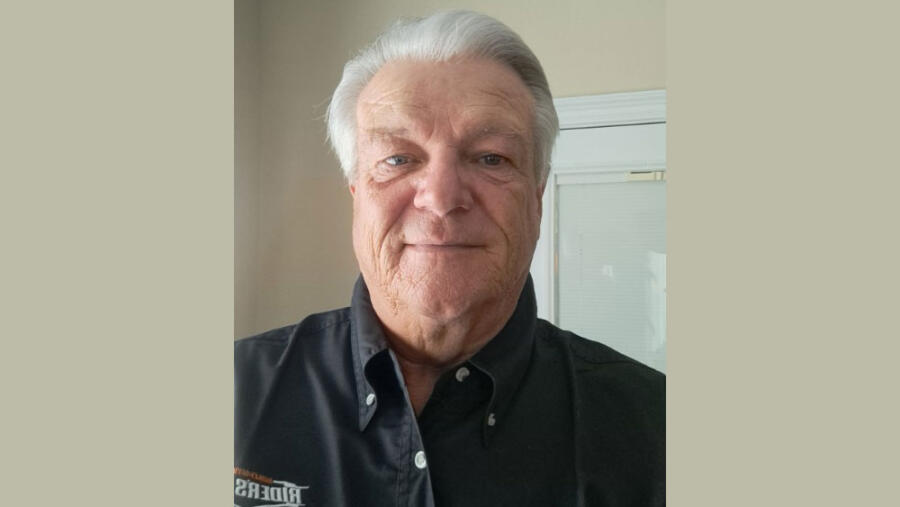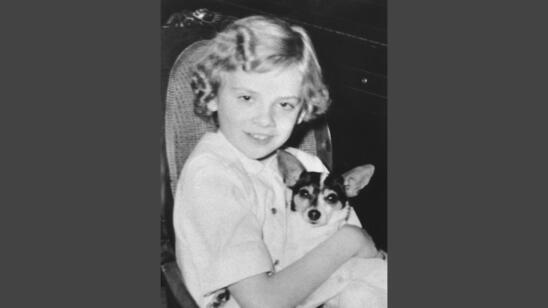A criminal case is generally considered to go “cold” when no progress—no new evidence, lab results or suspects—has occurred for about a year. This can happen with all kinds of cases, including sexual assaults and murders.
In 2014, the district attorney in Cobb County, Georgia, set up a cold case unit to try to resolve some of that county’s cold cases. That unit was headed by Detective John Dawes, who’d recently retired after working as a homicide detective, among other roles, in Cobb County.
After a police agency passed along a cold case file, Dawes and his team of skilled volunteers, also made up of retired law enforcement, would re-examine the case. Thanks to their dedication, and the help of new technology, they found answers for multiple sexual assaults and murders, including the 2000 slaying of Rodney Castlin. Castlin’s case will be the subject of an upcoming episode of Cold Case Files on A&E.
Dawes spoke with A&E True Crime about working as a detective who focuses on cold cases and how it differs from juggling active and cold cases.
Before the district attorney established the cold case unit in 2014, how difficult was it to spend time investigating those kinds of cases?
It’s very difficult to work cold case if you have other assignments.
[Stream episodes of Cold Case Files in the A&E App.]
You pick up a cold case and you spend, let’s say a week reviewing it. [You] consider what technology is [available] now that may not have been there previously. And you try to go through all the efforts of locating any witnesses.
Then all of a sudden, because you have other duties, you’re called out on a rape case that just occurred, or another homicide that just occurred, and you have to put the cold case aside. When you pick that cold case back up, you have to start all over again.
Would you say cold cases require more desk work than recent crimes?
Yeah, working a current murder is very reactionary. It’s a totally different situation. You’re not out running the street, you’re not out knocking on doors, you’re not out knocking doors down. You’re spending time reading and studying and piecing things together.
Within the cold case unit, did you focus on one case at a time, or did you work different cases?
In the cold case unit with five or six volunteers, we established a system where each one of us would review a case and read through it.
We would roundtable a case, once we had all had the time to review it. And we would…go back and forth with each other about what our ideas were.
As the lead investigator, though, I would make sure that I was staying up-to-date with every case that came in the door.
It was a really big, difficult task. But it’s so easy to be dedicated to. To solve one of these cases is just more than amazing.
Did you find anything striking about evidence preservation in older cases?
What we found is it really doesn’t matter the age of a case.
We found some agencies were really good at preserving evidence long-term. And we found that some agencies struggled with that. We came across numerous cases where the evidence had been destroyed over the course of time.
As far as the different types of evidence, in my early days in law enforcement in the mid-1980s, DNA [analysis] didn’t exist yet. But when we came across a case where there was blood [at a crime scene] that we believed to be a suspect’s, or semen that we believed to be a suspect’s, we still collected it. Because even back then, they could do some typing to classify the blood.
In the 1970s and ’80s, and even into the early ’90s, you were limited to what you could do with a fingerprint. By the time we’re looking at cold cases in 2014, we had access to check that lifted print from a crime scene…to see if we could find a match through the Automated Fingerprint Identification System (AFIS).
Technology has been invaluable to a detective because it grows every day.
In the cases where evidence was lost, or even destroyed, was that a dead end?
In some cases, yes. That puts you at a block that’s hard to overcome.
There were other cases where we were able to put together more than enough facts and circumstances that, had the suspects still been alive, we probably could have gotten it into a courtroom.
Did you ever coordinate with outside sources like forensic genealogists or investigative genealogists?
I had several times. We not only worked cold homicide cases, we worked cold sexual assault cases. And we were looking at a 1999 series of rapes, a serial rapist with three assaults that we were aware of, in Cobb County.
We were able to reach out to Parabon [Nano]labs…and communicated with CeCe Moore, [a genetic genealogist]. She was able to come up with a DNA-based sketch of our suspect.
Genealogy studies and the technology to do genetic genealogy—although it’s been going on a few years—is really in its infancy. But it’s going to be a great tool for investigators for years to come.
If you can’t come to a judicial resolution, do you still update remaining family members?
In a case where we have determined a suspect and have probable cause to make the arrest, but the case has aged so much that the suspect is deceased, we jump back into the case [to make sure].
If we are fully satisfied after a continued review of the case that this is the bad guy, then yes, we go ahead and contact family. We let them know what we did, who we identified and why we believe it wouldn’t have been anybody else other than that one particular person. So that we can at least satisfy victims’ families who have been waiting for years for answers.
Other jurisdictions have established cold case units. What advice would you give to the detectives in those units?
It’s important that they get some additional training whenever it’s available, especially in the area of technology. Because the capabilities of DNA grow each and every day.
The most important advice that I can give to any detectives out there working on cold cases is: Never give up. The only way you solve these cases is to never let them sit.
Related Features:
The Cold Case Murders That Keep Retired Detectives Up at Night
How a Group of Active and Retired Homicide Investigators Anonymously Solve Cold Cases
Why Aren’t Police Solving More Murders With Genealogy Websites?


